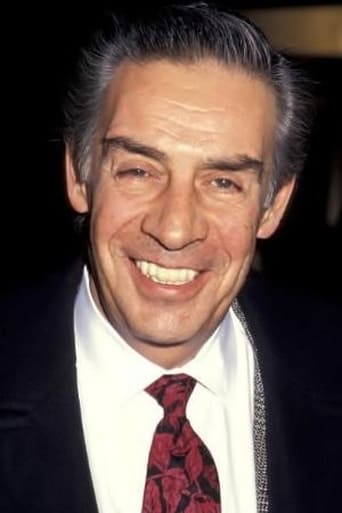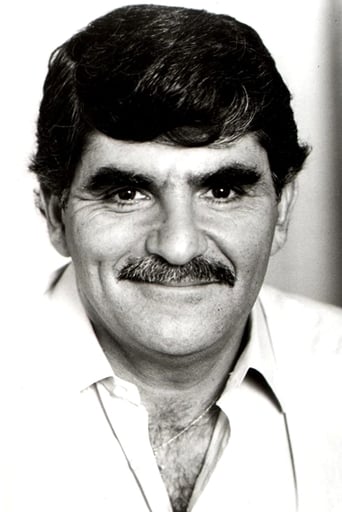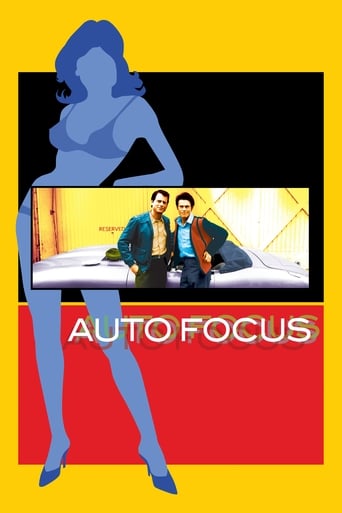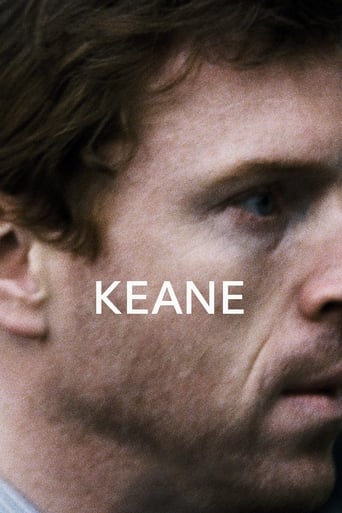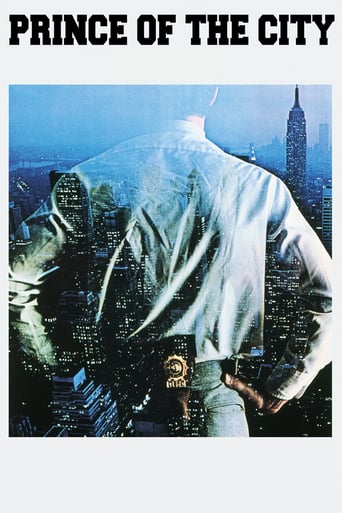
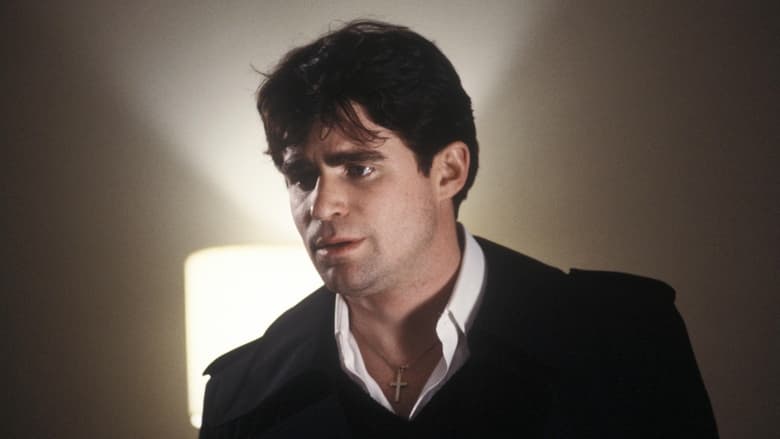
Prince of the City (1981)
New York City detective Daniel Ciello agrees to help the United States Department of Justice help eliminate corruption in the police department, as long as he will not have to turn in any close friends. In doing so, Ciello uncovers a conspiracy within the force to smuggle drugs to street informants.
Watch Trailer
Cast
Similar titles
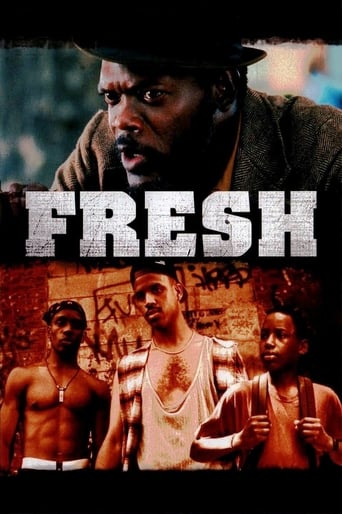
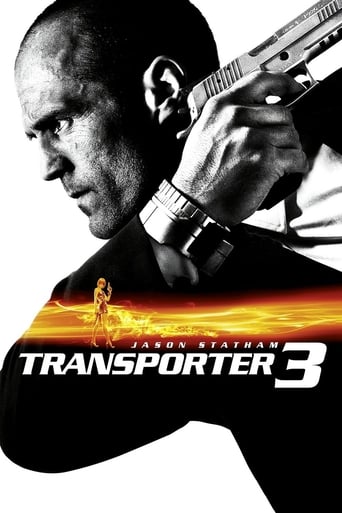
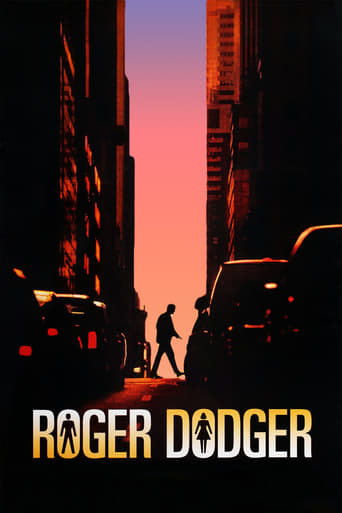
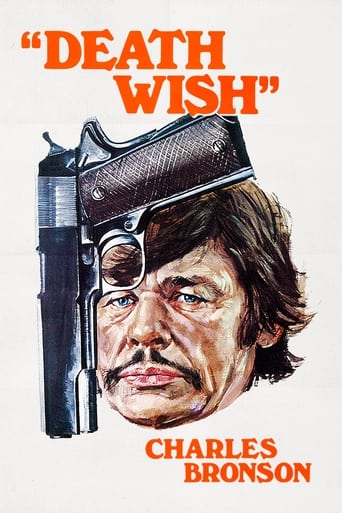
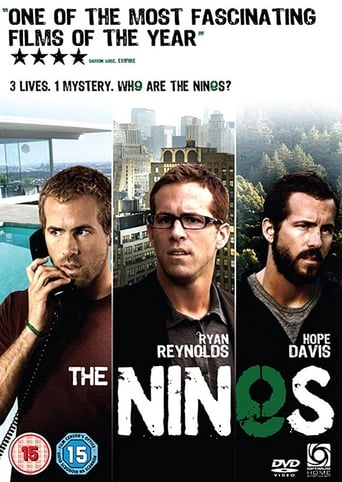
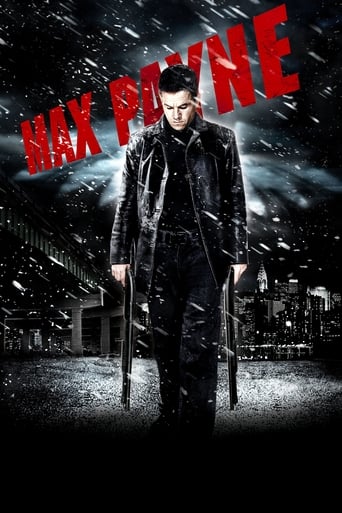
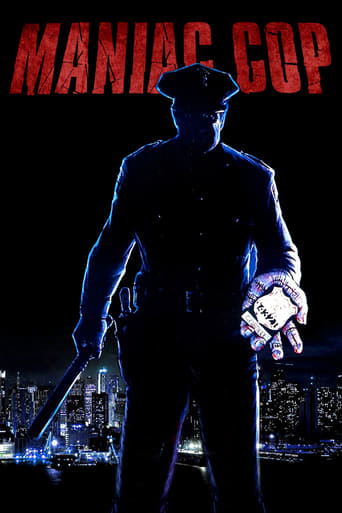
Reviews
The Worst Film Ever
Such a frustrating disappointment
In truth, there is barely enough story here to make a film.
Through painfully honest and emotional moments, the movie becomes irresistibly relatable
Three hours of Treat Williams overacting might not sound like the best way to spend an evening, but good material paired with Sidney Lumet's characteristically dynamic direction manage to balance Williams' weaknesses as an actor. The result is a very good movie from the early 80s that feels like it should have been made in the 70s, and presages the slew of gritty cop dramas that would proliferate the marketplace throughout the rest of the decade and beyond.The film is a mash up of two of Lumet's favorite genres: the urban crime drama and the courtroom thriller. Williams plays a cop who agrees to work with the U.S. government on exposing corruption within the New York justice system, and then watches everything fall down around him as the very people he's agreed to help turn on him. It's a terse, energetic movie, and though I don't know that it needed to be three hours long, I didn't really feel its length while watching it.There are a whole bunch of character actors in it that are much better than Williams: Jerry Orbach, as one of Williams' best cop buddies, and Lindsay Crouse, as his realistic wife who has little patience for his conscience, are two standouts in a movie that has something like 100+ speaking roles.Sidney Lumet and Jay Presson Allen (the woman who wrote the Oscar-nominated script to "Cabaret") were nominated for an Academy Award in the Best Adapted Screenplay category, but "Prince of the City" got no other love from the Academy, despite being better than the film that won that year's Oscar, "Chariots of Fire." Grade: A-
Everybody has something to hide. We all have secrets we don't want anyone to know about. Its personal information that is only given out to the most trusted of people - mainly close family and friends. But there's a difference when that secret crosses the line on ethics and morals. When it comes to this, people lie, and lying is never a good thing. The act of lying will always catch up somewhere and somehow. Everyone has a conscious, it's the device that let's the person know what they're doing wrong. And if the individual cannot justify to themselves why the secret they're keeping is for the right reason, their conscious will eat them alive. Almost like a self-destruct button. Some can repress this feeling while many others crack under pressure.This reflects on the story of Danny Ciello (Treat Williams), a New York cop who joined the force to make a difference and be a good person for society. However, it's not until he's is asked by a commission of investigators to spy on the system that he works at for possible corruption. Originally, Ciello is skeptical about the matter because he doesn't want to stab his fellow cops in the back, but he is convinced otherwise. And to his dismay, the longer he stayed in the business, the scarier the information became. Thus leading to an investigation brought onto himself.This kind of plot is very serious in nature because of how it focuses on morals and how people with even the kindest of hearts can fall. This is also the kind of drama that audiences should have the patience to sit through. The running time is almost three hours long because it carefully follows the path of the human struggle between knowing what is the right and wrong thing to do when it comes to telling the truth. The length may annoy some but the story should be powerful enough to keep people focused. And the writing not only covers the story of one man, but several people involved with the lies and how they deal with the stress they induce on themselves. Family life is also included although by the finale the closure isn't as strong as the rest. That also may upset some.The cast is very large in this movie. Treat Williams as the main character gives a memorable performance as the troubled cop. His reactions to many situations closely resemble to how anyone would react if they were in his shoes. It's a very human performance. Even a very young Lance Henriksen has a number of his own scenes. There's also a character named Gus Levy played by Jerry Obach, he would later voice Lumiere from Beauty and the Beast (1991) ten years later. Cool. Although the rating is R, it's more for language and a few beatings nothing gruesome or over the top.The music composed by Paul Chihara is unique too. It's certainly one the most absent of scores I've ever heard but it also helps make the story feel more realistic. This is one of the few times where the music doesn't need to be present to give emotion because the actors themselves give a lot as it is already. There is also a main theme, which is carried out by a saxophone that is good. But the one thing I liked most about this movie was how audience should feel at the end credits. In a court trial, no matter if one walks away guilty or innocent, the past will always be there to haunt them. People will always remember the bad and never your good deeds. And from that day on, the individual must constantly fight to uphold the respect they lost. That's the human struggle and it can be so terrifying. It's a movie that should been seen and understood at least once.The acting led by Treat Williams is very good. Its running time may be lengthy but its story richly consists of powerful emotions and life lessons that demand to be seen just for that.
Based on true-life events, this film tells the story of a New York City cop named Danny Ciello (Treat Williams), whom the Feds ask to be an informant against local police corruption. Ciello is in his twenties, street-savvy, and extremely loyal to his cop buddies. He doesn't trust the Feds, but he's willing to help them. I'm not sure why.One would think that an informant has a clear-cut, unambiguous job: snitch on the bad cops and, in return, earn the status of hero. But reality doesn't always lend itself to neat, black-and-white options or outcomes. In this case, shades of gray complicate Ciello's life, because he knows that some of his best cop friends have indeed compromised their ethics in pursuit of serious criminals. He is caught in the middle, between local loyalty, and assistance to the American ideal of criminal justice.The story takes place in the 1970s in New York City. Ciello is part of the city's Special Investigating Unit, which has a generally free hand in dealing with dope pushers and other shady types. Even Ciello has sold drugs to street junkies, in exchange for information on bigger fish. Does this make Ciello culpable now that he's an informant?When a person gets trapped in the American legal web, there's no easy way out. That's Ciello's dilemma, and the essence of the story's theme. Ultimately, we feel sorry for the guy, with his naive, idealistic, black-and-white mental conception of right and wrong. Clearly, the Feds are using Ciello to their advantage, and most of them are portrayed in this film as smug and condescending.Technically, "Prince Of The City" is a fine film, one to take seriously. Color cinematography, sets, casting, and acting are all quite good. Visuals look very 1970s. Treat Williams is convincing as Danny Ciello.But the film is rather talky. And the runtime extends to almost three hours. The plot is so strung out, and there are so many characters, it's hard to keep track of who's who as well as some of the characters' motivations.The film could easily be described as a typical cop drama. But its basis in historical fact makes it more compelling. More than anything else, "Prince Of The City" is a character story of a man under pressure. We see how he deals with that pressure in the choices he makes. We see the impact that his behavior has on his family life and on those around him, who not only depend on his loyalty but also expect him to uphold principles of justice, regardless of where the chips may fall.
PRINCE OF THE CITY is a film about a narcotics officer who co-operates with Internal Affairs to build a case against criminals and policemen involved in police corruption.This movie is painful to watch, because its protagonist is so pitifully stupid. From the start, he knows exactly what could go wrong if he becomes a rat for IA, but he still goes ahead and does it. The real problem is that when everything DOES go wrong, he is just astonished. Unfortunately, that astonishment translates into Treat Williams bellowing and shrieking for almost three hours, while the audience just shakes our heads in indifference. His Danny Ciello is everything which is wrong with cop movies or cop TV shows; the self-pity and self-obsession, the constant rationalization, the hiding behind cop myths and partner myths, and the corruption. The movie is such that to have a point, the viewer would have to empathize on some level with it's protagonist, but this protagonist, and the actor who portrays him, make that impossible. His issues are non-issues. He wasn't taken in, he wasn't deceived, he knew exactly what was going to go wrong, and then it did. His only real issue is that he's upset about it. We aren't upset for him, because he walked right into it. When he lies, he's not convincing. When other characters believe his lies, they just make us angry at their stupidity. When he lies again and again about giving drugs to his informants, he wears out our patience completely, and when he reacts in fury that no one believes him, we get up to do the dishes.Toward the end of the movie, James Tolkan's prosecutor character confronts Ciello and says, "That's how you got here, don't you understand?" Williams' facial expression here is unintentionally hilarious, because it is obvious that he does not, in fact, understand, anymore than he has understood anything else that's happened in the film.Lindsey Crouse as Danny's wife has all the personality and warmth of a statue in a dump in the dead of winter. None of her interactions, or her purpose as a character, make any sense. Neither do Williams' interactions make any sense. In the beginning, he smacks his brother around. His brother is screaming his head off, and Danny is beating the hell out of him, but we don't know what they're talking about, and it is not clear what this is supposed to show us about either of them, so there's no point to any of it. This scene, like most of the film, just comes off as an acting class exercise of some sort. If he's not screaming at someone or trying to choke them to death, he's hugging them like they are his dearest friends. None of these are ever appropriate to the scene or to the characters.The movie is easily an hour too long. A 2-hour film, or a 90-minute film, would have been fine, because there is not enough story for more than that. You could chop out the middle hour, have a placard that said "3 years later", show the concluding scenes, and it would be over. Having no story allows Sidney Lumet to practice cinematographic techniques without distractions. A film school student might enjoy watching his touches here and there, but an acting student, or a viewer hoping to be entertained, should avoid it like the plague.

